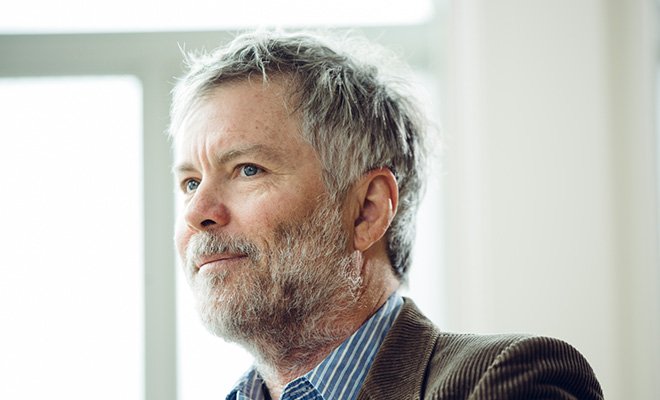
Conviviality, Culture, and the Commons
working with people and ideas to transform local economies
April 26 2025, 9:30am - 4:00pm
Royal Seven Stars Hotel, Totnes
This is a challenging day-long learning experience, part lecture, part workshop, beginning with some pre-reading and ending at the pub. We’ll unpack some useful concepts and frameworks. We’ll point to exemplars and draw from lived experience. Afterward, we’ll share additional resources and host an online follow up discussion sometime in May.
More inclusive and fair, ecologically wise and socially flourishing, resilient and adaptable, life affirming - how can we shift our local societies toward these goals? What roles might ideas about conviviality, culture and commons play in this process of change? These are among the questions that will guide our inquiry. Join us!
This is for:
Anyone interested in making change in their communities, cities, counties
Leaders and strategists in green and social enterprises, NGOs and local government
Teachers and academics
Book This Course
*At Schumacher Wild we believe that access to learning should not be limited by financial barriers. That’s why we’ve adopted a tiered pricing model — to honour the diverse financial circumstances of those wanting to join us while ensuring the continuity of our work.
Leading this Course
Emma Kidd
Emma co-led the Ecological Design Thinking program at Schumacher College, focusing on meta-design as a practice that fosters awareness of the interconnectedness between being, knowing, and doing. She is passionate about practices that cultivate attention and awareness, allowing for a deeper understanding of life—human and more-than-human.
Jay Tompt
Jay led the MA Regenerative Economics program at Schumacher College. He is a co-founder of several place-based regenerative economics initiatives. He is also an associate lecturer in economics at Plymouth University.
In collaboration with Transition Town Totnes and Community Resilience Forum






